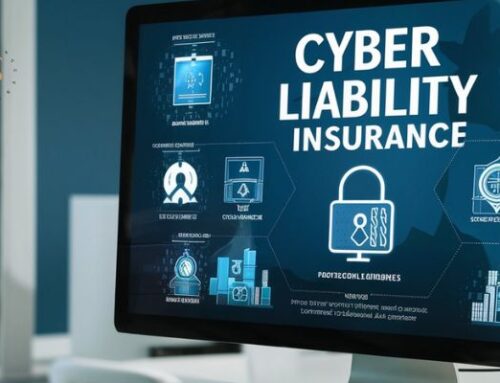When you run an auto dealership, your digital data is a potentially overlooked but essential resource. Whether the information in question belongs to employees or consumers, suffering a breach and losing content could be costly and damaging. Dealerships' nature as independent businesses makes them vulnerable to the fallout from data loss. Regulatory fines, repair costs and loss of customer trust could prove financially ruinous for your company.
The following are a few tips that let you take the initiative and proactively protect your content. Embracing careful data storage now can prove essential when and if that information comes under threat. An IT assessment may highlight these issues and more.
1. Embrace Encryption
There are many ways for criminals to expose data. The loss or theft of a physical device such as a laptop computer may put information into thieves' hands – Business News Daily explained malicious users can access a computer's data even when that device is password protected. Encryption is a way to place another layer of protection around content.
Placing encryption on the devices your staff members use, as well as the servers within your network, can protect your dealership from data loss and its ongoing effects. Business News Daily pointed out people have taken legal action against businesses that have lost their data on non-encrypted devices.
In addition to protecting your individual devices, you should protect your wireless networks. Wi-Fi is an important part of a modern dealership, as having a high-speed network in place is a great way to give data access to sales personnel working the showroom floor. If these networks are easy to infiltrate, criminals may compromise your systems and break into the dealership's essential data resources.

2. Watch Out for Insider Risk
Your own employees may be putting your data at risk. That doesn't necessarily mean they are malicious or tying to hurt you. Employees can put your business in danger inadvertently if they use company computer resources to navigate to questionable websites or open emails criminals have sent as part of a phishing campaign.
As Business.com reminded company-owners, the nature of phishing is evolving over time. While the attacks seen in the past were crude, modern hackers may tailor their emails or phone calls to be very believable. Employee education and careful screening of questionable communications are essential.
3. Go Beyond Firewalls
Putting a firewall around data is an important part of operating a modern business. It's also just the beginning, when it comes to keeping intruders out of data. More modern solutions include intrusion prevention systems. Having an IPS in place can defend against attack types that go around firewalls, such as internal threats.
As eSecurity Planet recently explained, modern IPS methods use two kinds of detection: signature-based and anomaly-based. The former searches for telltale signs of exploits based on previously observed problems. The latter is based on sensing abnormalities in the network activity. Whenever an IPS finds a problem, it alerts administrators.
If you don't have the staffing to assign internal personnel to security duties, such as monitoring IPS results proactively, consider working with a managed service provider.








